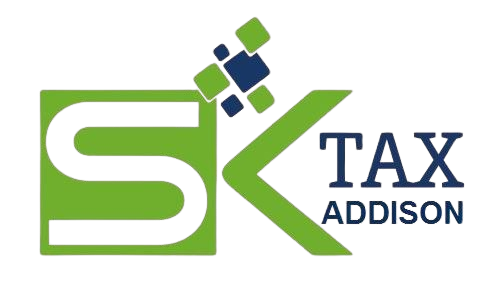Why Refinance to Lower Monthly Payments?
For businesses seeking immediate relief from cash flow pressures, refinancing to extend the loan term can be a game changer. By spreading the repayment period over a longer term, you can significantly lower your monthly payment, providing your business with more breathing room.
Key Benefits:
Lower Monthly Pay
Spread the loan over a longer period to free up cash for daily business operations and unexpected expenses.
Cash Flow Flexibility
Predictable Payments
Set monthly payments that remain consistent, helping you plan budgets and cash flow more accurately.
Eligibility Requirements for Refinancing
- Debt-to-Income Ratio (DTI): Lenders will assess your business’s DTI to ensure it can handle the extended term.
- Stable Business Income: A strong and consistent cash flow is essential for approval.
- Good Credit History: Typically, a solid business credit score (680+) is needed for favorable terms.
Important Note: Extending the loan term may result in higher total interest payments over time, so be sure the long-term benefits outweigh the costs.
Why Refinance to Consolidate Business Debt?
For businesses juggling multiple loans, refinancing to consolidate debt is a strategic move. This option combines several existing loans into one manageable payment with potentially better interest rates, helping streamline finances and improve cash flow.
Key Benefits:
Simplified Finances:
One loan payment instead of multiple creditors.
Lower Interest Rates
Potential for a better rate than existing debt, especially for high-interest credit lines.
Enhanced Focus
Reduce the complexity of managing multiple payments and debt sources.

Eligibility Requirements:
Strong Business Credit
Lenders typically require a credit score above 700.
Consistent Revenue
Proof of steady cash flow is essential to consolidate debt effectively.o
Reasonable Debt-to-Income Ratio
Lenders will assess your ability to handle the new loan payment.
Why Refinance to Access Working Capital?
A cash-out refinance is ideal for businesses needing immediate access to funds for operations, expansion, or covering unforeseen costs. By refinancing your current commercial loan, you can access the equity in your business assets or real estate and use the cash for essential investments.
Key Benefits:
Unlock Capital:
Tap into the value of your business assets to fuel growth or cover operational expenses.
Low-Interest Rates
Flexible Use of Funds
Use the funds for a variety of business needs, from equipment purchases to hiring or expanding.
- Sufficient Business Equity: Your business must have enough equity in its assets to qualify.
- Good Credit Rating: A high business credit score (700+) increases your chances of securing favorable terms.
- Steady Cash Flow: Proof of consistent earnings to ensure repayment of the larger loan.
Important Note: While accessing capital can support growth, it’s essential to use the funds wisely to avoid increasing your overall debt load.
Why Refinance to a Fixed-Rate Commercial Loan?
If your business is currently dealing with an adjustable-rate loan (ARM), refinancing to a fixed-rate loan offers predictability and stability. Fixed-rate loans ensure that your monthly payments remain the same, regardless of market fluctuations, which is ideal for long-term planning.
Key Benefits:
Payment Stability
Lock in a consistent rate for the life of the loan.
Budgeting Ease
Easier to plan your business finances without worrying about rate hikes
Long-Term Security
Protection against potential future rate increases.

Eligibility Requirements:
Good Business Credit
A score of 680+ is typically required to secure favorable rates.
Adequate Collateral:
Lenders may require collateral or a low loan-to-value ratio for a fixed-rate loan.
Demonstrated Profitability
Your business must show strong financial performance to qualify.
